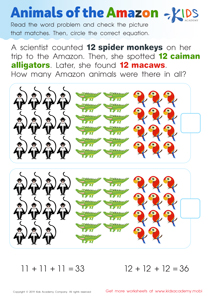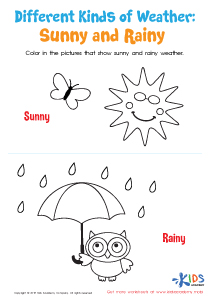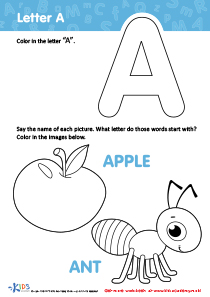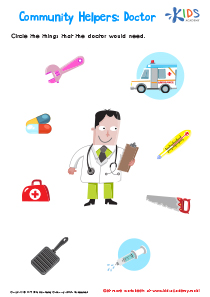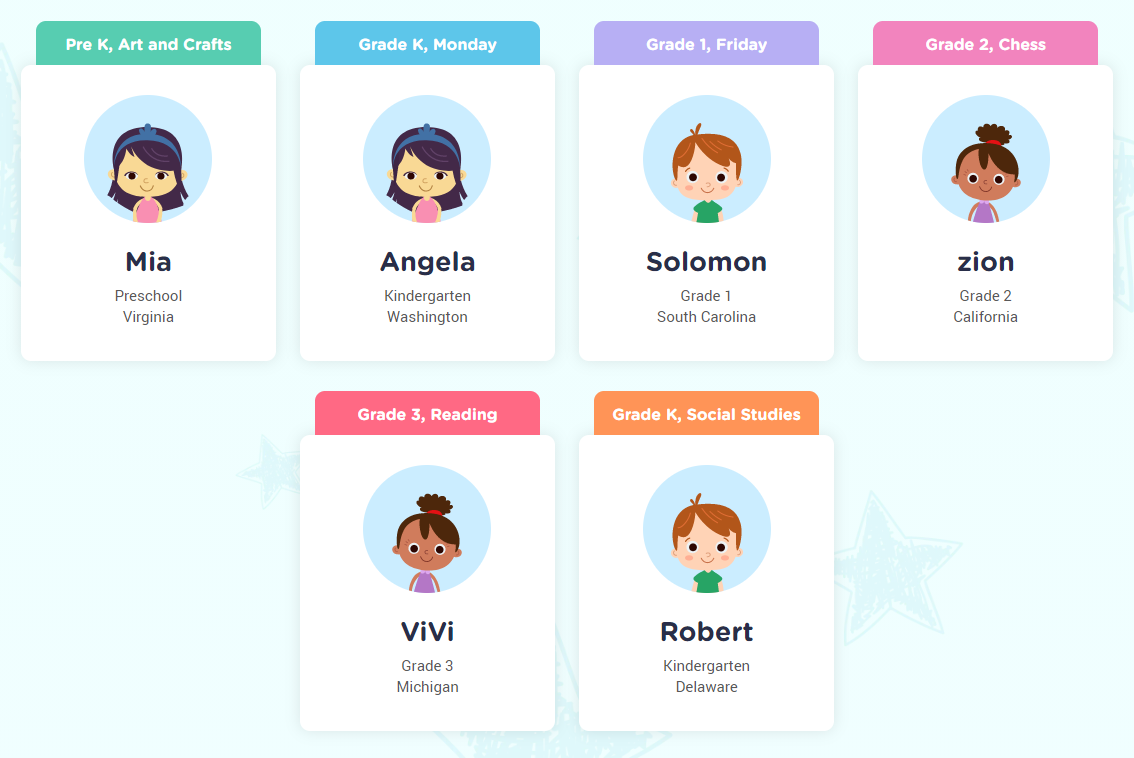Normal Reading Literature Quizzes for Ages 3-4
2 results
2 filtered results
Clear all filters2 filtered results
-
From - To
Introducing our Normal Reading Literature for Ages 3-4 interactive assessment quizzes! Tailored for young minds, these quizzes offer a delightful journey through the basics of literature, engaging children in a world filled with stories, characters, and imagination. Designed with care, each quiz checks understanding and provides meaningful feedback to encourage learning at every step. Perfect for parents and educators looking to enhance reading skills, our quizzes make learning exciting and rewarding. Dive into our Normal Reading Literature quizzes for Ages 3-4 and watch as your child discovers the magic of reading and storytelling.
In today's vibrant educational landscape, the significance of fostering a strong foundation in literature from an early age cannot be overstated. As parents and educators invest in the future of their children, the role of interactive and engaging learning tools becomes paramount. This is where our Normal Reading Literature for Ages 3-4 steps into the limelight, offering a rich resource that is both educational and entertaining for the youngest of learners.
The formative years of a child, particularly ages 3 to 4, are critical for language acquisition and the development of reading skills. It is during this period that children are most receptive and curious, eager to explore the world through words and stories. The Normal Reading Literature for Ages 3-4 is meticulously designed to cater to this curiosity, providing a colorful and interactive platform that invites children into the enchanting world of literature.
But what sets the Normal Reading Literature for Ages 3-4 apart? It is the integration of interactive quizzes that truly enhances the learning experience. These quizzes are not mere assessments; they are a form of engaging play that reinforces learning in a natural and enjoyable manner. The quizzes stimulate cognitive development, improving memory, and understanding while ensuring that the joy of learning is never lost.
The benefits of these interactive quizzes are manifold. For starters, they provide immediate feedback, a crucial aspect of effective learning. Children learn to associate words, sounds, and meanings more quickly when they can immediately see the results of their choices. This instant gratification keeps them motivated and engaged, fostering a positive attitude toward learning.
Moreover, the interactive quizzes are designed to cater to various learning styles. Whether a child is a visual learner, an auditory learner, or prefers kinesthetic learning, the quizzes incorporate elements that ensure no child is left behind. This inclusivity ensures that every child finds a comfortable learning pathway, making the Normal Reading Literature for Ages 3-4 an invaluable tool for diverse classrooms and homes.
Another significant advantage of the Normal Reading Literature for Ages 3-4 is its adaptability. The quizzes can be easily adjusted to match the learning pace of each child, ensuring that they neither feel overwhelmed nor underchallenged. This personalized approach to learning helps build confidence and encourages children to explore literature more deeply.
Furthermore, these quizzes lay the groundwork for critical thinking and problem-solving skills. As children interact with the quizzes, they learn to make connections, recall details, and infer meanings, all of which are essential skills not only in reading but in their academic journey ahead.
In conclusion, the Normal Reading Literature for Ages 3-4, with its interactive quizzes, stands as a vital tool in the educational toolkit for young learners. It merges the beauty of literature with the excitement of interactive learning, making the process enjoyable and effective. As children navigate through the quizzes, they embark on a journey of discovery, laying down the bricks of literacy that will support their academic and personal growth for years to come. Through this innovative approach, we are not just teaching children to read; we are inspiring them to love reading.
